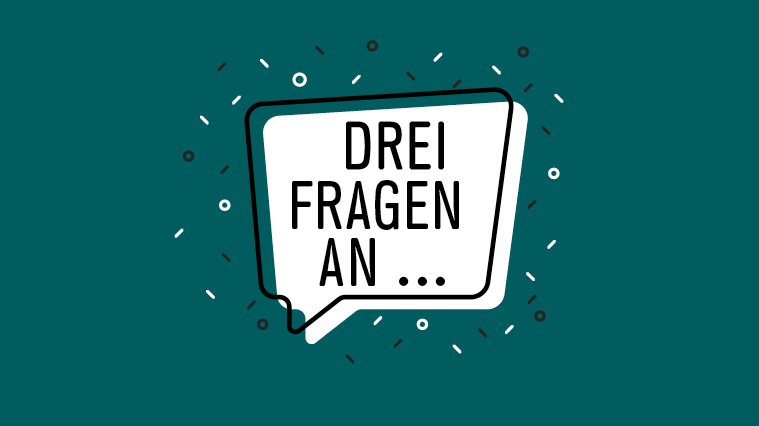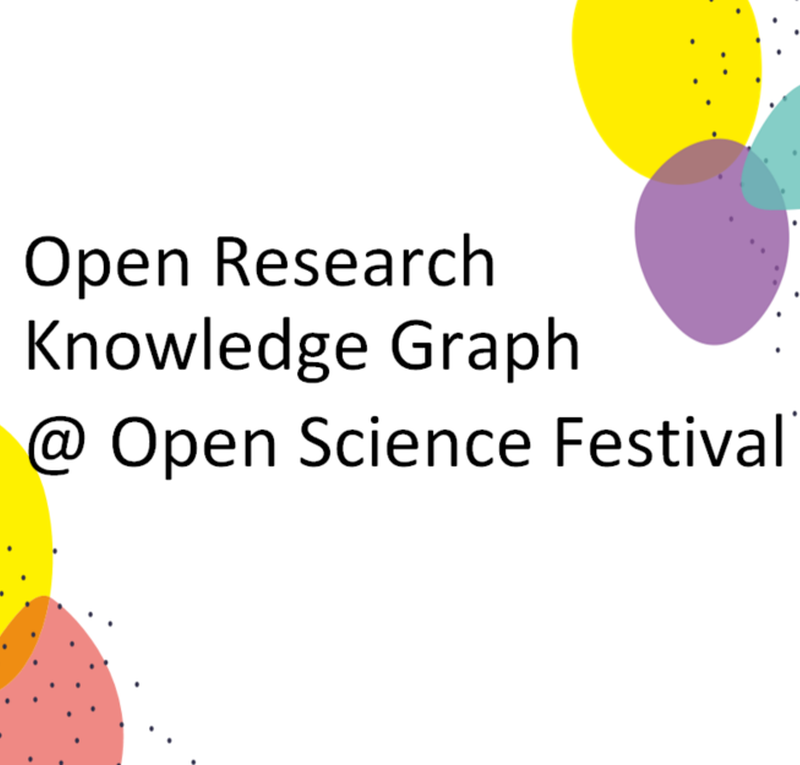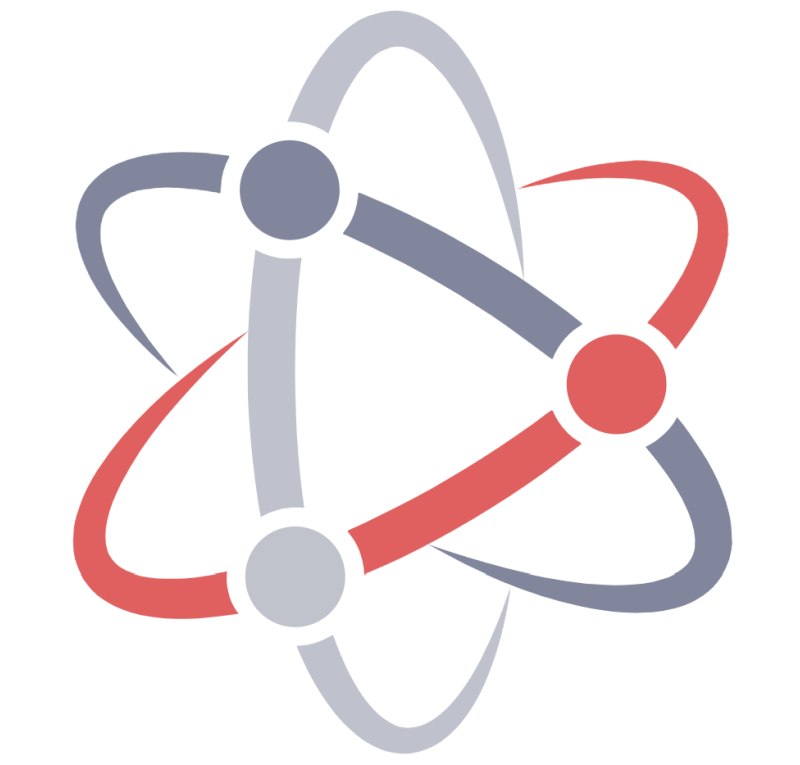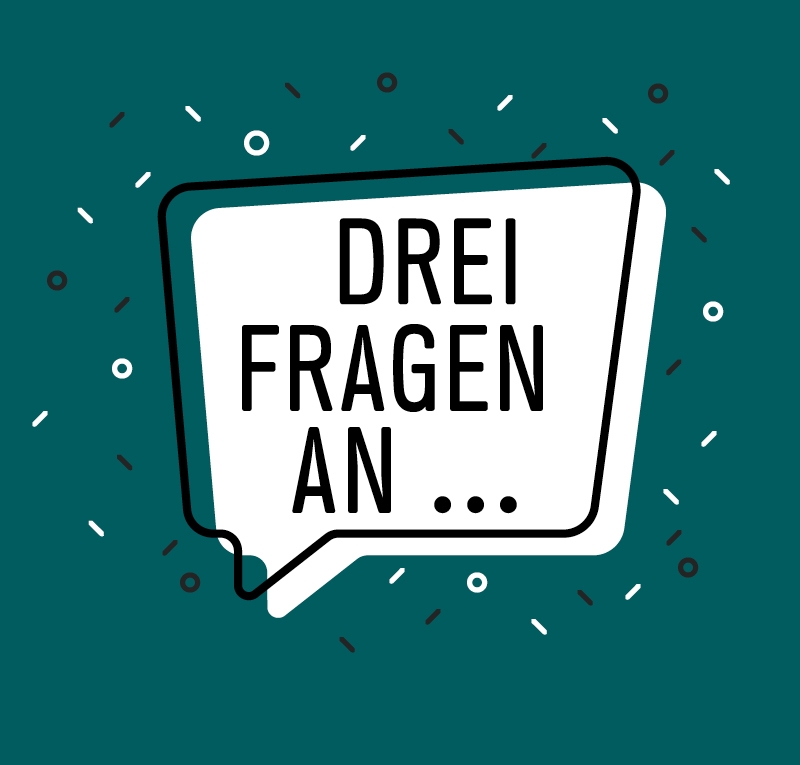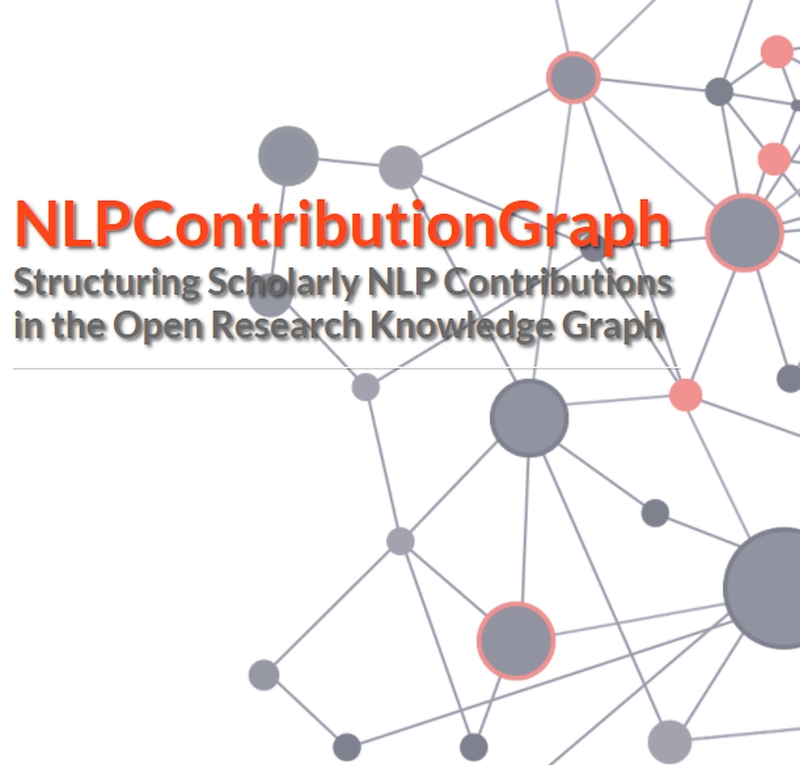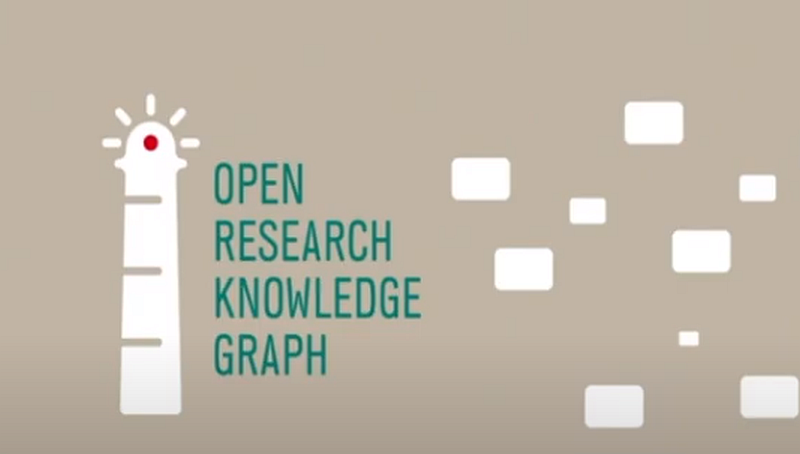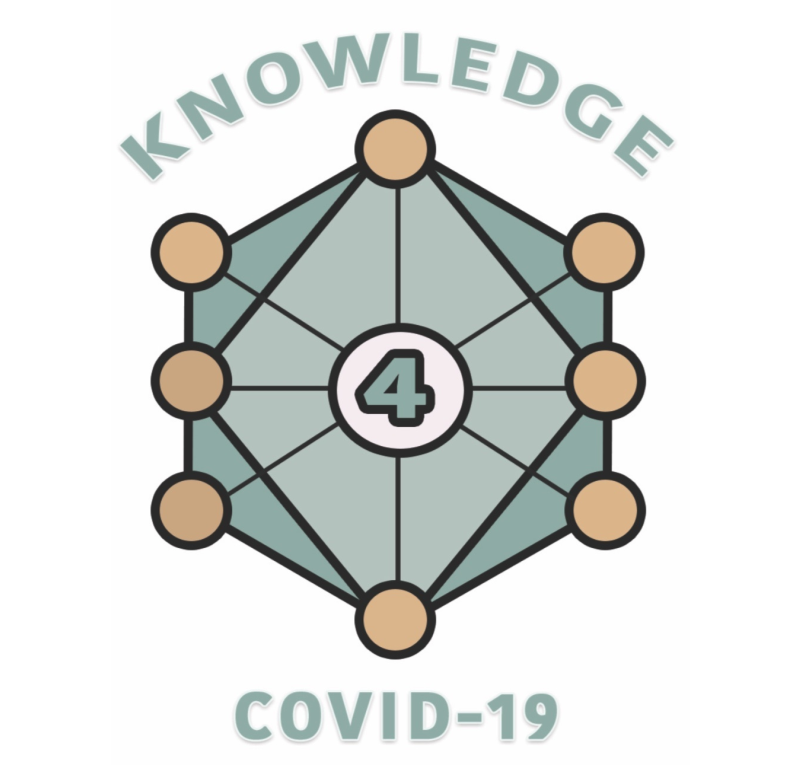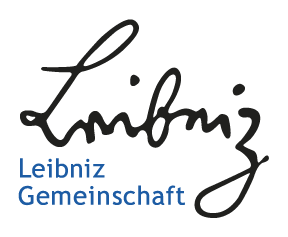Drei Fragen an Dr. Anna-Lena Lorenz
Ein Interview zum Open Research Knowledge Graph – kurz ORKG – mit Dr. Anna-Lena Lorenz. Sie ist an der TIB im Bereich Forschung und Entwicklung tätig und dort für Community Building für den ORKG zuständig. Was genau ihre Aufgabe ist, verrät sie uns in diesem Gespräch.
➔